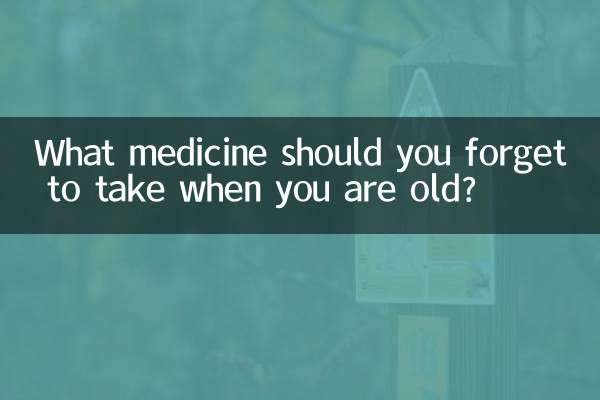What should you pay attention to in your diet for rectal cancer?
Rectal cancer is a common malignant tumor of the digestive tract, and diet plays a vital role in prevention and treatment. A reasonable diet can not only help patients reduce symptoms, but also improve treatment effects and quality of life. The following are detailed considerations regarding colorectal cancer diet.
1. Dietary principles for patients with rectal cancer

The diet of patients with rectal cancer should be light, easy to digest, and highly nutritious, avoid irritating foods, and pay attention to supplementing enough protein, vitamins, and minerals. The following are specific dietary principles:
| dietary principles | specific suggestions |
|---|---|
| Light and easy to digest | Choose soft foods such as porridge, noodles, and steamed eggs, and avoid fried and spicy foods |
| high protein | Eat an appropriate amount of high-quality protein such as fish, lean meat, and soy products |
| High fiber | Increase vegetables and fruits in moderation, but avoid too much crude fiber foods |
| Eat small meals often | Eat 5-6 times a day, and the amount should not be too much each time |
| Adequate moisture | Drink 1500-2000ml of water every day to avoid constipation |
2. Foods that patients with rectal cancer should eat
The following foods are beneficial to people with rectal cancer and can help strengthen immunity and promote recovery:
| food category | Recommended food | effect |
|---|---|---|
| High quality protein | Fish, chicken, eggs, tofu | Promote tissue repair and enhance immunity |
| Rich in vitamins | Broccoli, carrots, spinach, apples | Antioxidant, protect cells |
| Easy to digest staple food | Porridge, soft rice, noodles | Reduce intestinal burden |
| probiotic foods | Yogurt, fermented foods | Regulate intestinal flora |
3. Foods that patients with rectal cancer should avoid
The following foods may increase intestinal burden or stimulate tumor growth and should be avoided as much as possible:
| food category | specific food | harm |
|---|---|---|
| high fat food | Fatty meat, fried foods, butter | Increase intestinal burden and promote tumor growth |
| spicy food | Chili, mustard, pepper | Irritating the intestines and aggravating symptoms |
| pickled food | Pickles, bacon, smoked fish | Contains carcinogens |
| alcoholic beverages | All kinds of wine | Damage to intestinal mucosa |
4. Dietary adjustments in different treatment stages of rectal cancer
Rectal cancer patients need to adjust their diet accordingly during different treatment stages such as surgery, chemotherapy, and radiotherapy:
| treatment stage | Dietary Focus | Things to note |
|---|---|---|
| Before surgery | High protein, high calorie | Strengthen physical fitness and prepare for surgery |
| Early postoperative period | Liquid, semi-liquid | Start with water and rice soup and gradually transition to |
| during chemotherapy | Light and easy to digest | To cope with nausea and vomiting, eat small amounts and frequent meals |
| During radiotherapy | High protein, high vitamins | Prevent radiation enteritis |
5. Answers to Frequently Asked Questions about Rectal Cancer Diet
1.Can patients with rectal cancer eat red meat?
It is recommended to limit the intake of red meat to no more than 500 grams per week, and give priority to white meat such as fish and poultry.
2.Do patients with rectal cancer need nutritional supplements?
It should be carried out under the guidance of a doctor. Generally, nutrition is given priority through diet. If necessary, protein powder, vitamins, etc. can be supplemented.
3.What should I do if I have difficulty defecating after rectal cancer surgery?
You can increase your water intake, eat bananas, dragon fruit and other mild laxative foods appropriately, and consult a doctor if necessary.
4.Can patients with rectal cancer eat seafood?
Fresh seafood is a good source of protein, but be sure to cook it thoroughly and avoid eating it raw.
6. Summary
Dietary management of patients with rectal cancer is an important component of comprehensive treatment. A proper diet not only helps patients better tolerate treatment, but also improves quality of life and promotes recovery. It is recommended that patients develop a personalized diet plan based on their personal circumstances under the guidance of doctors and nutritionists, and conduct regular nutritional assessments and adjustments.
Remember, good eating habits require long-term persistence, coupled with appropriate exercise and a positive attitude, to best help fight diseases and regain health.

check the details

check the details